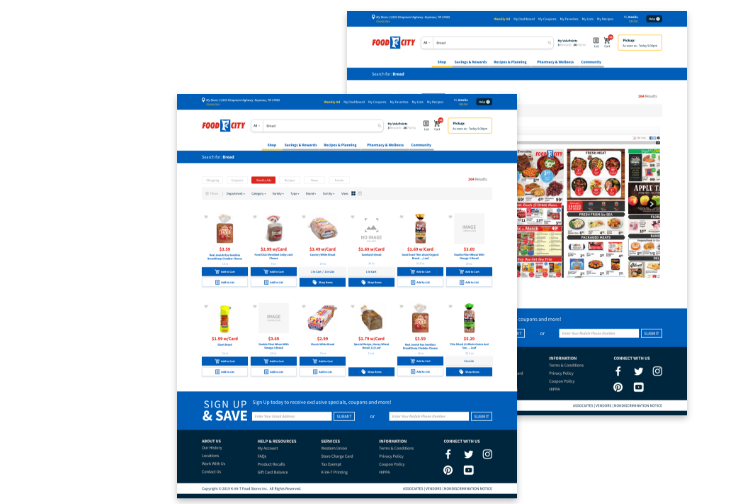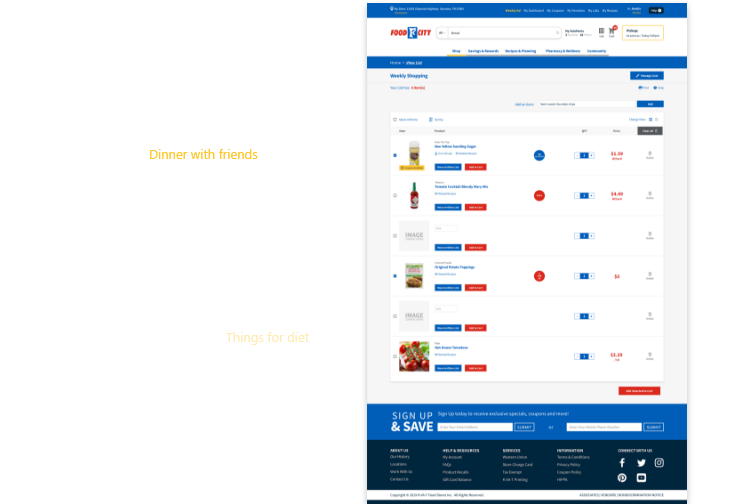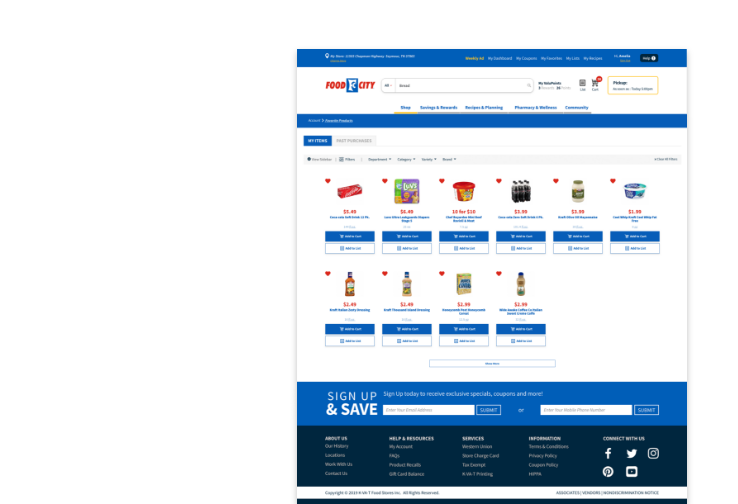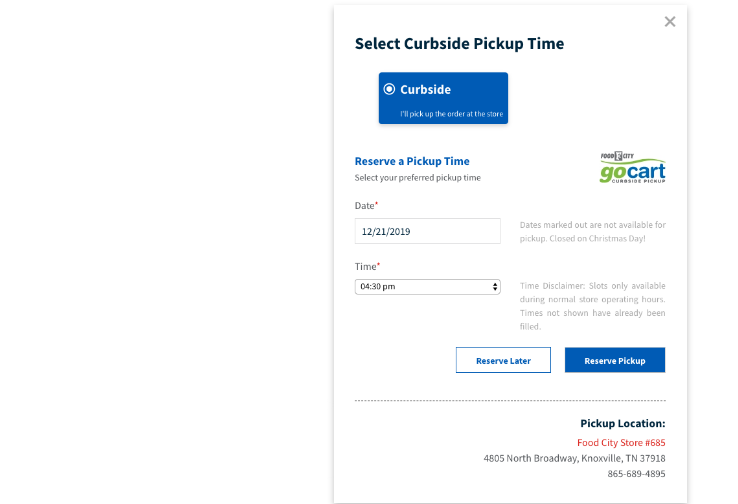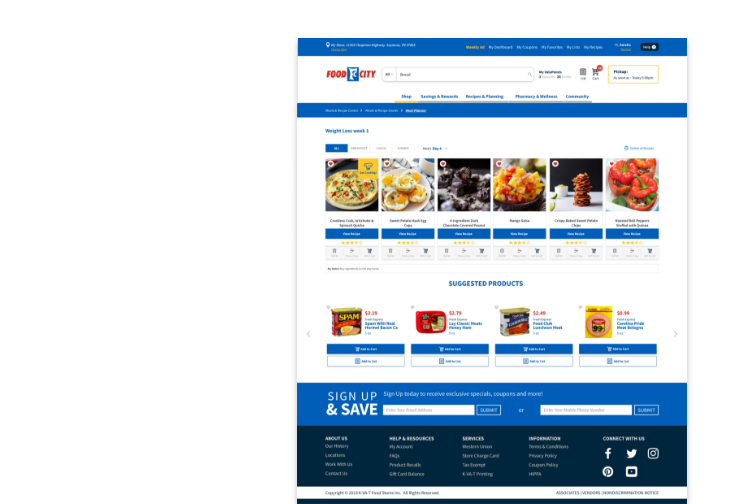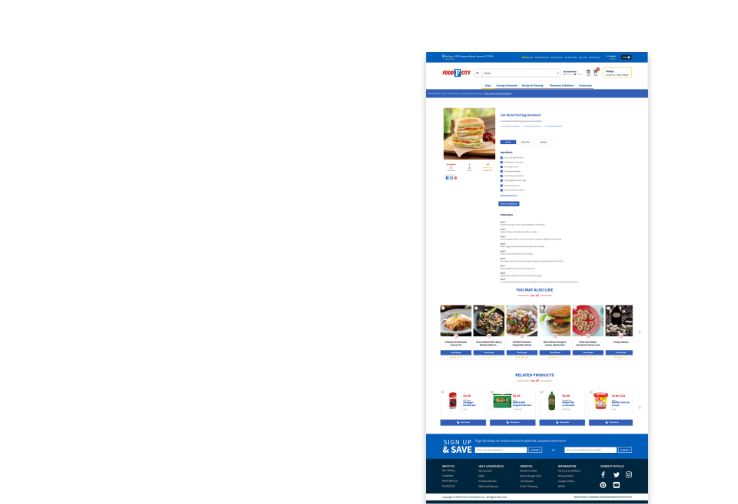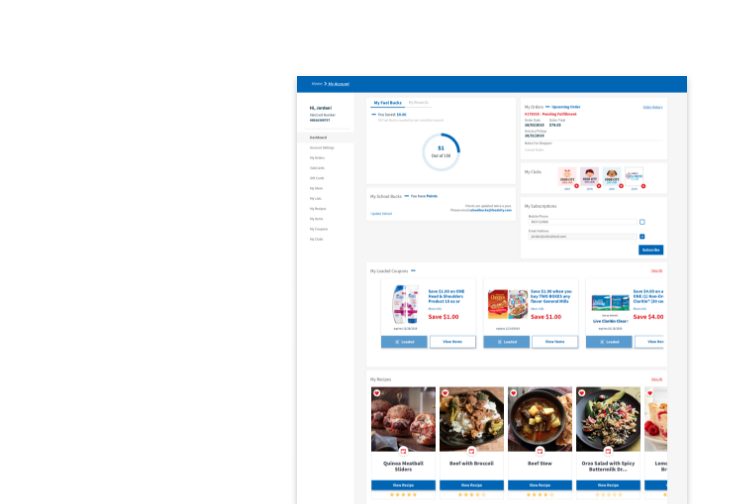
Wellness Club — Adolescent and Teen Health
Abingdon, VA. -
Thursday, Aug 1, 2024.
Written by: Rebecca Webb, PharmD Pharmacy Clinical Services Manager
Whether you are a parent, grandparent, extended family member, or a caregiver, chances are, there is an adolescent or teen in your life. With this being the period of transition between childhood and adulthood, there are many changes taking place for these individuals - physically, cognitively, psychologically, emotionally, and socially. Keeping them healthy during this time is crucial for their well-being. It starts by adopting healthy habits such as eating a balanced diet, being physically active, obtaining adequate quality sleep, and staying up to date on their recommended vaccinations. By instilling a healthy lifestyle routine early at this stage in life, our adolescents and teens will be more inclined to embrace these habits as they become adults.
Physical activity
One important aspect of health for adolescents and teens is physical activity. There are a plethora of benefits to routine exercise for this age. It makes them feel better overall, sleep better at night, focus better at school, and perform better in sports. It also enhances their mood and reduces symptoms of anxiety and depression. Physical activity improves overall cardiorespiratory fitness and helps to build stronger bones, joints, and muscles. Furthermore, adolescents and teens that consistently exercise have more energy and are more likely to reach and maintain a healthy weight. Additionally, physical activity helps to prevent diseases and health issues such as diabetes, high blood pressure, heart disease, osteoporosis, cancer, and obesity.
It is recommended that adolescents and teens do at least 60 minutes of moderate to vigorous physical activity total each day. This includes aerobic exercises (e.g., walking, running, biking, swimming, jumping rope) and strength-building exercises (e.g., weightlifting, push-ups, pull-ups). When incorporating more exercise into a daily routine, adolescents and teens may need to cut back on screen time (e.g., time spent on smartphones, tablets, computers, TVs, video games). Ways to encourage more fitness include making the activity enjoyable, spending time outside, exercising with family or friends, setting goals, tracking progress, and possibly even creating a rewards system. It is also important for their long-term health that adolescents and teens try activities they can enjoy for a lifetime.
Sleep
Another major aspect of health for adolescents and teens is sleep. Adequate quality sleep supports physical and mental health and allows for normal growth and development. However, at this age, there is a natural shift in their circadian rhythm which makes it more difficult for them to fall asleep earlier. Early school start times and priorities shifting to studying, sports, or even screen time is also common in adolescents and teens. Therefore, many simply do not get enough sleep. This can ultimately lead to a difficulty in focusing, in doing well academically and athletically, and in proper decision-making. It can also affect mood and behavior, the body’s ability to fight infections, the capability to drive safely, and can cause a tendency to overeat and gain weight.
Adolescents and teens should aim for 8 to 10 hours of sleep every night. Tips to help reach this goal include having a set sleep and wake schedule every day, limiting screen time before bed, avoiding large meals late in the evening, cutting back on caffeine (especially in the evening), spending more time outside each day, and regular exercise.
Vaccinations
The Centers for Disease Control and Prevention (CDC) recommends specific vaccinations for adolescents and teens.
• Human papillomavirus (HPV) vaccine (i.e., Gardasil 9®)
HPV is a common family of viruses. The various types of HPV can affect the body in different ways. Some types of HPV can lead to several types of cancer in men and women. The HPV vaccine protects against most HPV-attributable cancers. The CDC routinely recommends two doses of the HPV vaccine given at 11 to 12 years of age. In some cases, it may be recommended at an earlier age (minimum age: 9 years). If initial vaccination is delayed until 15 years of age or older, a three-dose series is recommended.
• Meningococcal ACWY vaccine (i.e., MenQuadfi®, Menveo®)
Meningococcal disease can refer to any illness caused by the bacteria Neisseria meningitidis. Meningococcal meningitis can be a dangerous infection leading to inflammation of the brain and spinal cord or possibly even death. The CDC routinely recommends a two-dose series: the first at age 11 to 12 years and the second at age 16 years.
• Meningococcal B vaccine (i.e., Bexsero®, Trumenba®)
The CDC does not routinely recommend this vaccine for all adolescents and teens. Parents or caregivers can talk to their adolescent or teen’s health care provider about the risks and benefits of this vaccine. If it is deemed appropriate (after shared clinical decision-making with the provider), the preferred age for vaccination (two-dose series) is 16 to 18 years of age. For teens with certain medical conditions or risk factors, an additional dose may be recommended.
• Influenza vaccine
The flu is a respiratory illness caused by influenza viruses. It spreads easily and can cause high fevers, severe body aches, and lead to serious complications (e.g., pneumonia, hospitalization, death). The CDC recommends vaccinating annually each fall, ideally by the end of October.
• COVID vaccine
The CDC recommendations for an updated formulation of this vaccine are anticipated early this fall.
• Tdap vaccine (i.e., Adacel®, Boostrix®)
A Tdap booster dose protects against three serious diseases: tetanus, diphtheria, and pertussis (i.e., whooping cough). The CDC routinely recommends this booster dose to be given at age 11 to 12 years.
It is also important to check that adolescents and teens are up to date on other vaccinations recommended by this age, such as varicella (i.e., chickenpox), hepatitis A, hepatitis B, and MMR (i.e., measles, mumps, rubella). Adolescents and teens who travel internationally may have specific other vaccine recommendations and requirements. It is imperative to prepare and allow for plenty of time to build their immunity in these cases.
Talk to your local Food City Pharmacist about vaccinations for your adolescents and teens. Food City Pharmacy can administer recommended appropriate vaccinations to individuals 12 years of age and older with a prescription. The influenza vaccine can be administered to individuals 14 years of age and older without a prescription. Consent must be obtained from the minor’s parent or legal guardian before administration of the vaccination.
References:
1. Physical Activity for Children: An Overview. CDC website. https://www.cdc.gov/physical-activity-basics/guidelines/children.html. Accessed June 25, 2024.
2. Sleep and Health. CDC website. https://www.cdc.gov/healthyschools/sleep.htm. Accessed June 25, 2024.
3. Vaccines by Age. CDC website. https://www.cdc.gov/vaccines/parents/by-age/index.html. Accessed June 25, 2024.

